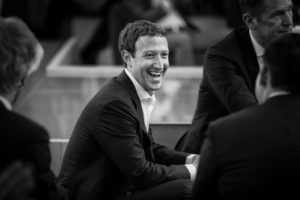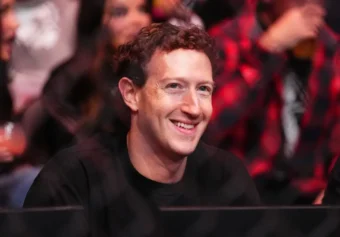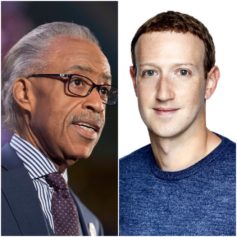
Facebook co-founder and chairman Mark Zuckerberg (Facebook)
Facebook has signed up almost half the countries in Africa – a combined population of 635 million – to its free internet service in a controversial move to corner the market in one of the world’s biggest mobile data growth regions.
Facebook’s co-founder and chairman, Mark Zuckerberg, has made it clear that he wants to connect the whole world to the internet, describing access as a basic human right. His Free Basics initiative, in which mobile users are able to access the site free of data charges, is available in 42 countries, more than half of them in Africa.
But digital campaigners and internet freedom advocates argue that Facebook’s expansion is a thinly veiled marketing ploy that could end up undermining, rather than enhancing, mass efforts to get millions more people connected.
“Even if people are hungry, we shouldn’t be giving them half a loaf,” says Gbenga Sesan, whose organisation Paradigm Initiative Nigeria helps young people living in poverty get online.
“It’s difficult for me to argue against free internet,” he says. But he added that it is problematic to give people only part access to the internet, especially if they believe what they have is full access.
According to the mobile industry trade body GSMA, there will be as many as 700m smartphones in sub-Saharan Africa by 2020. But a handset alone may not get you online, explains GSMA’s head of mobile, Yasmina McCarty.
A person might not have enough money for data, or the government might not have installed broadband cables in the area where they live, she says.
Read more here.

